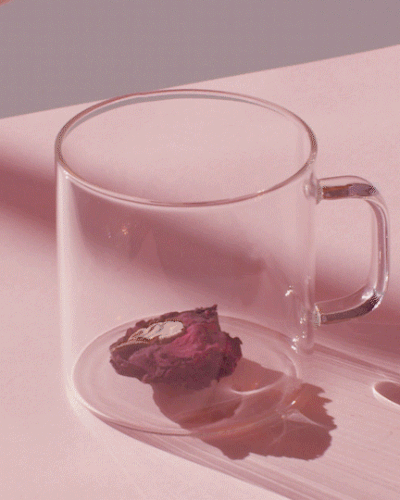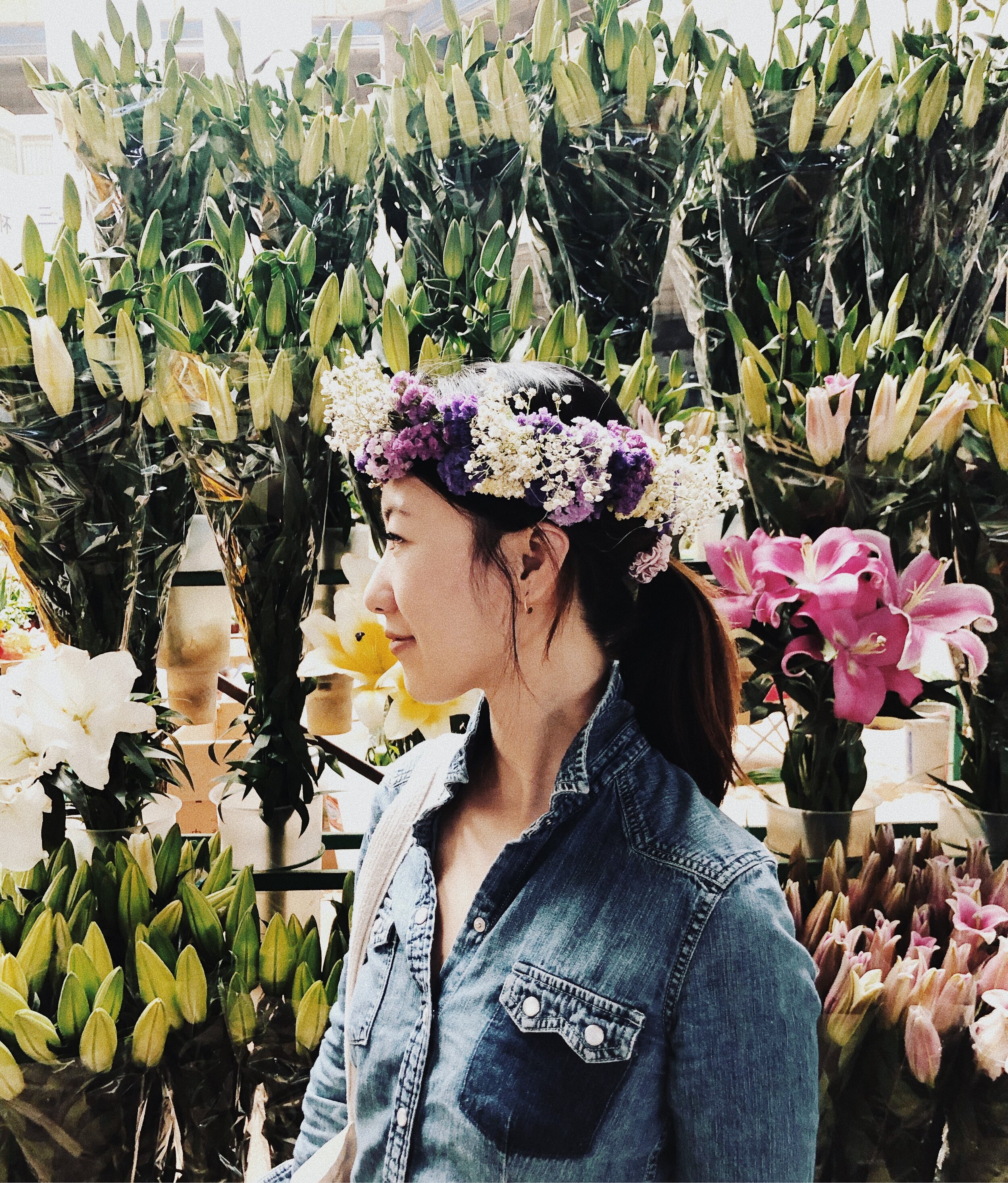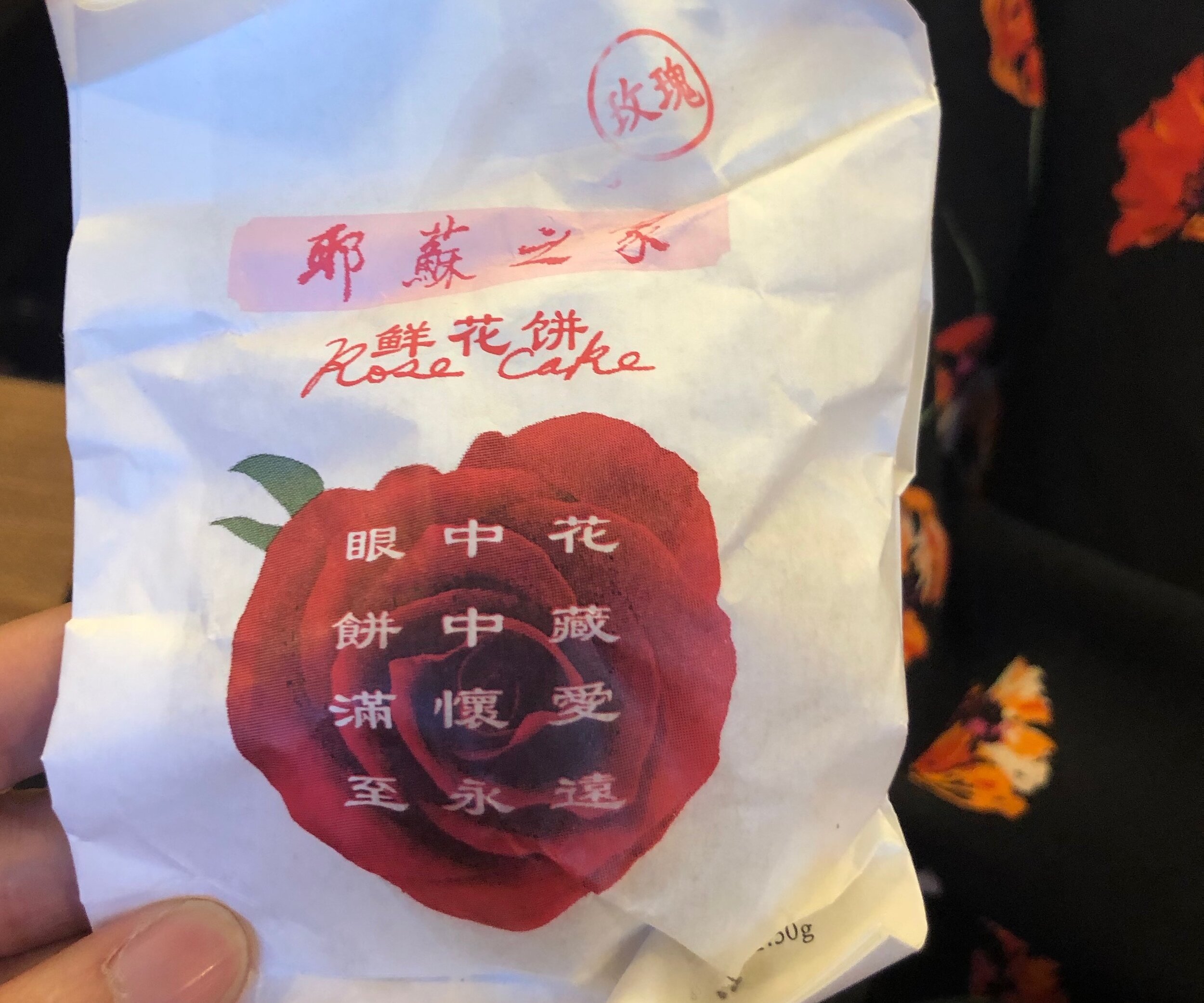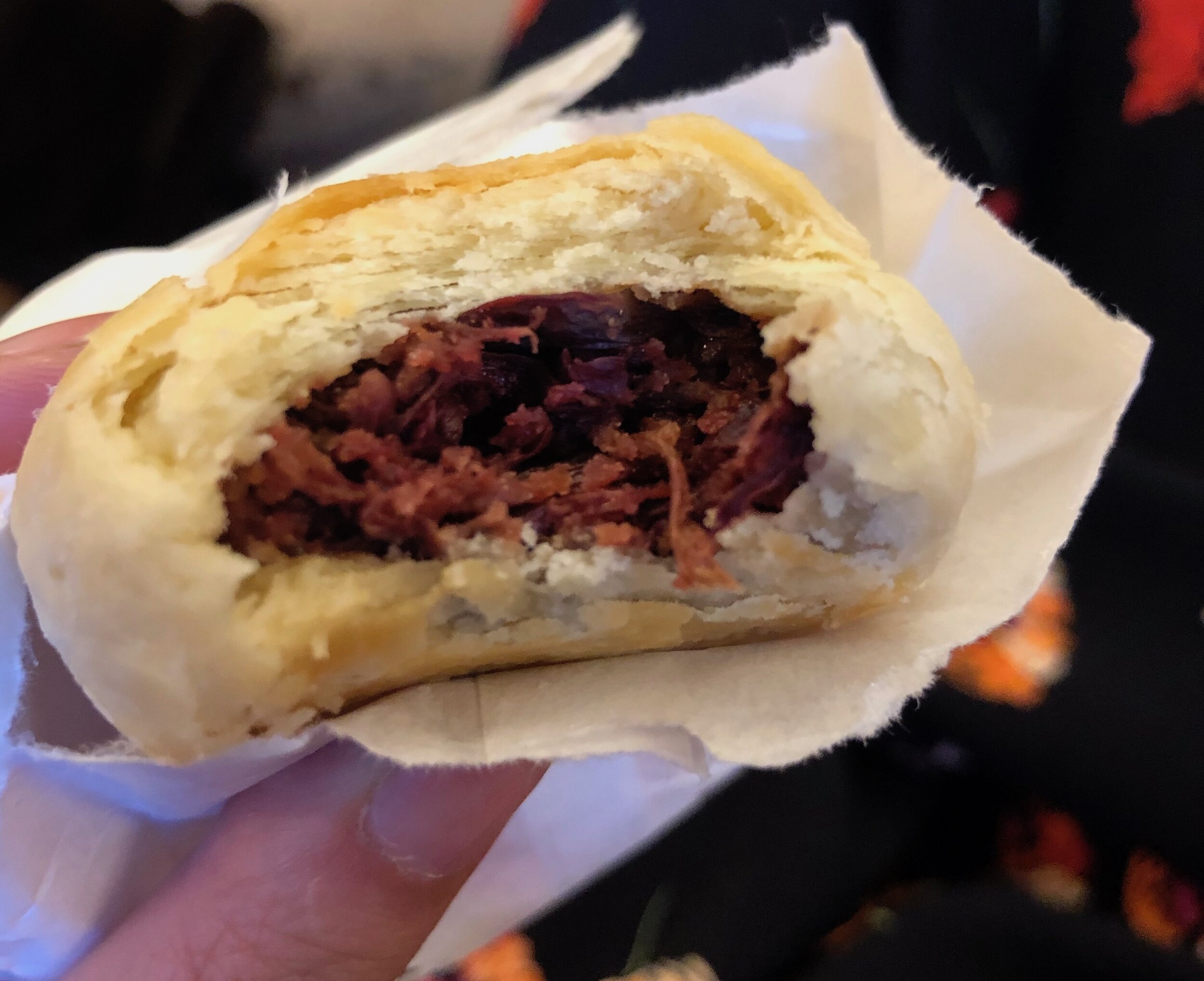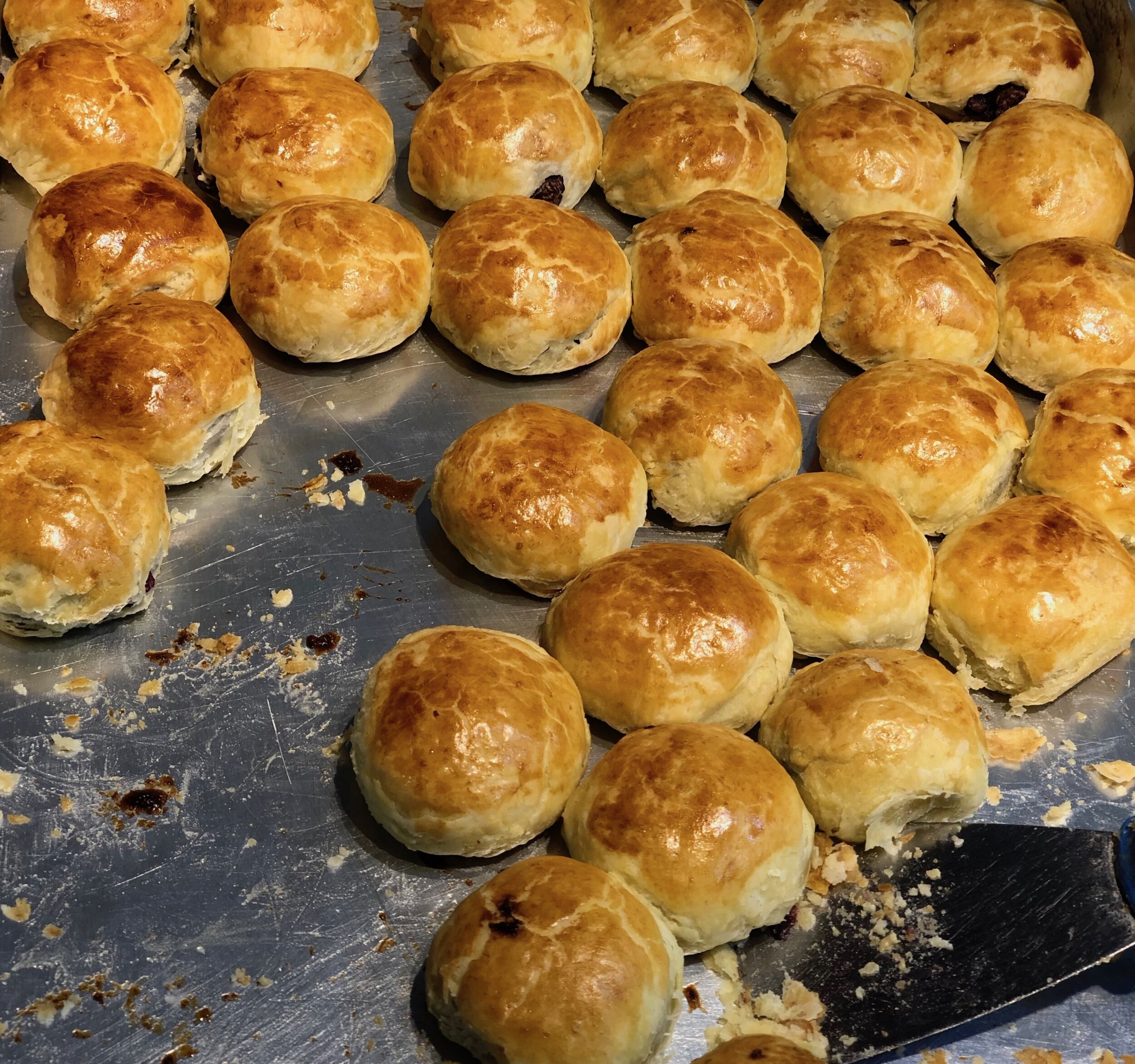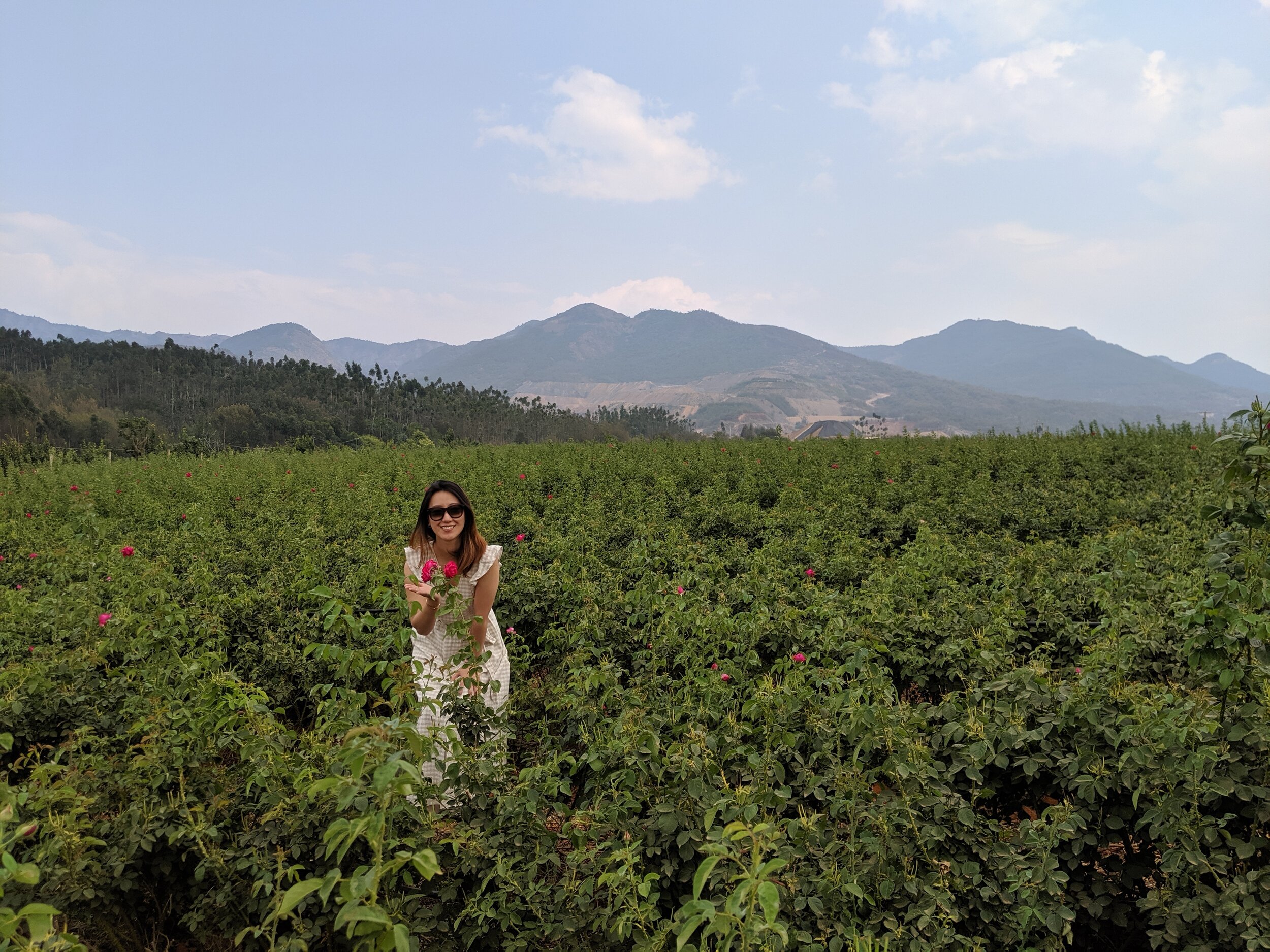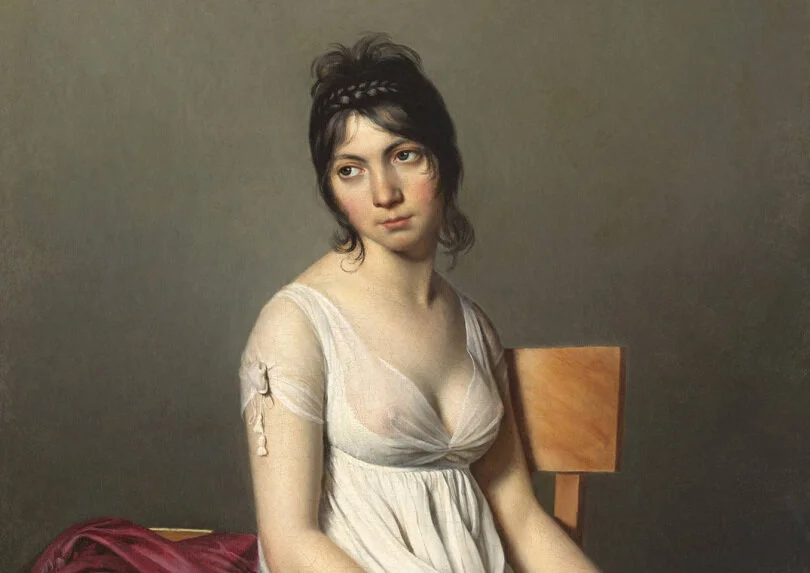Forget Your Coffee—Drink a Flower Instead
One of my favorite memories with my grandmother is also one of my most embarrassing. When I was a little girl growing up in China, I hated going to the bathroom at school. I much preferred going in the comfort of my own home and I was always able to hold it in until then. But... then one day I had an accident.
I just remember all this shame that I felt while trying to run home and having my accident literally 5 minutes before reaching home. I was SO ashamed and embarrassed. While this memory doesn’t start out great, I look back at it with so much love. When I got home, I remember my grandmother took a look at me and just knew (I’m sure I was pretty smelly by now).
She did not say a single word, there was no judgment, yelling, shaming, but she simply cleaned me up, gave me a bath, and made me some herbal tea. And we sat, talked, and laughed about the whole thing. To this day, I remember that incident with such love in my heart. And the act of enjoying a cup of tea with someone and connecting has always been super nourishing for my mind and body.
These memories with my grandmother are part of the why I decided to create The Qi. If you’re a self-described coffee lover, you’re not alone. 64% of Americans are pouring themselves a hot cup of joe every morning. And in a world where we’re sleeping less and working more, getting that coveted caffeine boost in the morning can feel like a necessity.
But while it’s great for an energy boost, in this frantic modern world where there is a lot of stress and anxiety, caffeine isn’t always the best option when looking to have a moment of inner calm. Part of the reason why I was so drawn to sharing these whole flower teas with the world is because the flower sipping ritual is a beautiful sensory experience that allows the mind and body to rest, connect, and restore.
And this enjoyable ritual has a long history. According to legend, tea was actually invented in China in 2737 BC by the Chinese Emperor Shen Nong when a leaf from a nearby shrub fell into the emperor’s boiling water. Legend or not, tea has played a big part in Chinese history. Today tea consumption in China makes up 40% of global tea revenue—and for good reason.
Rose drying on a cotton mesh
Tea has been woven into Chinese culture and tradition for thousands of years. Often, tea is enjoyed as more of a healing tonic and enjoyable ritual than a thirst-quenching drink. In Traditional Chinese Medicine, herbal remedies are one of the four pillars of healing. Floral and herbal teas like chrysanthemum, turmeric, and ginger are often brewed into tisanes, or herbal teas, for their medicinal benefits.
Growing up, I spent a lot of time with my grandmother because, as a single mother, my mom had to work full-time. I remember spending afternoons after school with my grandmother enjoying jasmine tea or herbal teas made with pure ginger.
While tea was a solace after that uncomfortable accident as a kid, it was also a time completely dedicated to nourishing oneself that we took part in on a daily basis. A lot of things that we consider “self-care” or “wellness rituals” in the western world are naturally built into a lot of eastern cultures. For example, our typical soup was what we’d call “bone broth” in the U.S. My time in China was filled with these healing foods and customs.
Fast forward to 2017 and I was living in New York City working in the fashion industry and completely burned out. I no longer had the daily wellness rituals I had grown up with and I was really stressed and was just not feeling well. So, I started to try a lot of different supplements, but nothing worked for me. I HATED the act of taking pills and powders. They did not make me feel nourished or well. I so desperately wanted to go back to a place and time where well-being was more loving, healing and built into daily life.
So in May 2017, I took a trip with my mom to Yunnan–the birthplace of tea. If you’ve never heard of Yunnan, it’s like Saint-Émilion, but for tea. Like wine, tea is very complex and certain regions are known for their high quality products. Surrounding Yunnan, there are tea trees that are thousands of years old and produce aged tea that go upwards of tens of thousands of dollars.
On my first day in Yunnan, I was introduced to the Shangri-la rose that the locals enjoy as a sipping tea and use as a star ingredient in a special pastry rose delicacy. It was the first store we visited in this HUGE tea market (imagine Mall of America in Minnesota kind of situation, but only tea and all kinds of tea). We were served the whole flower Shangri-la tea by a tea sommelier/rose farm owner who cultivated her own rose tea.
As she brewed the rose tea, she told us about her farm, how long she had been doing it, and her life. Something about the warmth of the lady, the beauty of a dried whole flower unfurling back to life, the visual splendor and the aroma of a delicate rose made me feel so happy and at peace. This sensory experience transported me to a rose paradise garden. And it was one of the most transformative experiences I’ve ever had in my life. It was simply beautiful.
After that day, we went on a tour of the major 6 legendary tea-producing mountains of Yunnan. They are legendary and have the highest price tags because they grew the OG mountain teas that used to be gifted to the emperor and royal family. But no matter how nice they all were, I just couldn’t stop thinking about that morning in the market with that blooming rose.
After we came back to the US I knew I needed to dig deep and learn everything I can about this new magical rose tea ritual that I experienced. The more I learned about the teas the more interested I became. Watching the flowers bloom in the water wasn’t just a calming ritual, but drinking the flowers was actually healing. I learned that the roses were known for their anti-inflammatory properties, high vitamin C content, and their ability to help promote radiant skin and hair, improve gut health, and more.
I started to think about how many other people could benefit from the healing power of the rose and other whole flower teas. When I tried the rose tea for the very first time, it was such an other worldly experience that I couldn’t compare it to anything I had experienced before. From that moment I, it became my goal and mission to share this ritual with the world. For me each flower represented a moment of escape, hope, and nourishment for the mind, body, and spirit and I knew that we needed more of that in our busy world.
Self-care should be more than checking off boxes. It should be about caring for mental, physical, emotional, and spiritual health through daily habits and manageable lifestyle changes. All levels of our health are interconnected and knowing that can help us nourish ourselves even better.
If coffee is something that brings you a little moment of joy, keep on enjoying it. At the end of the day, nobody knows your needs like yourself, but you need to take time to listen to yourself. Once you’re more aware of when you’re feeling tired, stressed, or overwhelmed, you’ll be able to identify the source of the problem rather than throwing a band-aid over it.
It was through my own journey of discovering the source of my desperation, stress, and anxiety that led me to the power of flower sipping rituals. Today, I credit my health and wellbeing to always getting a good night’s sleep, my daily QiGong practice, and never forgetting what my grandmother taught me about the healing power of nourishing food and drink.
